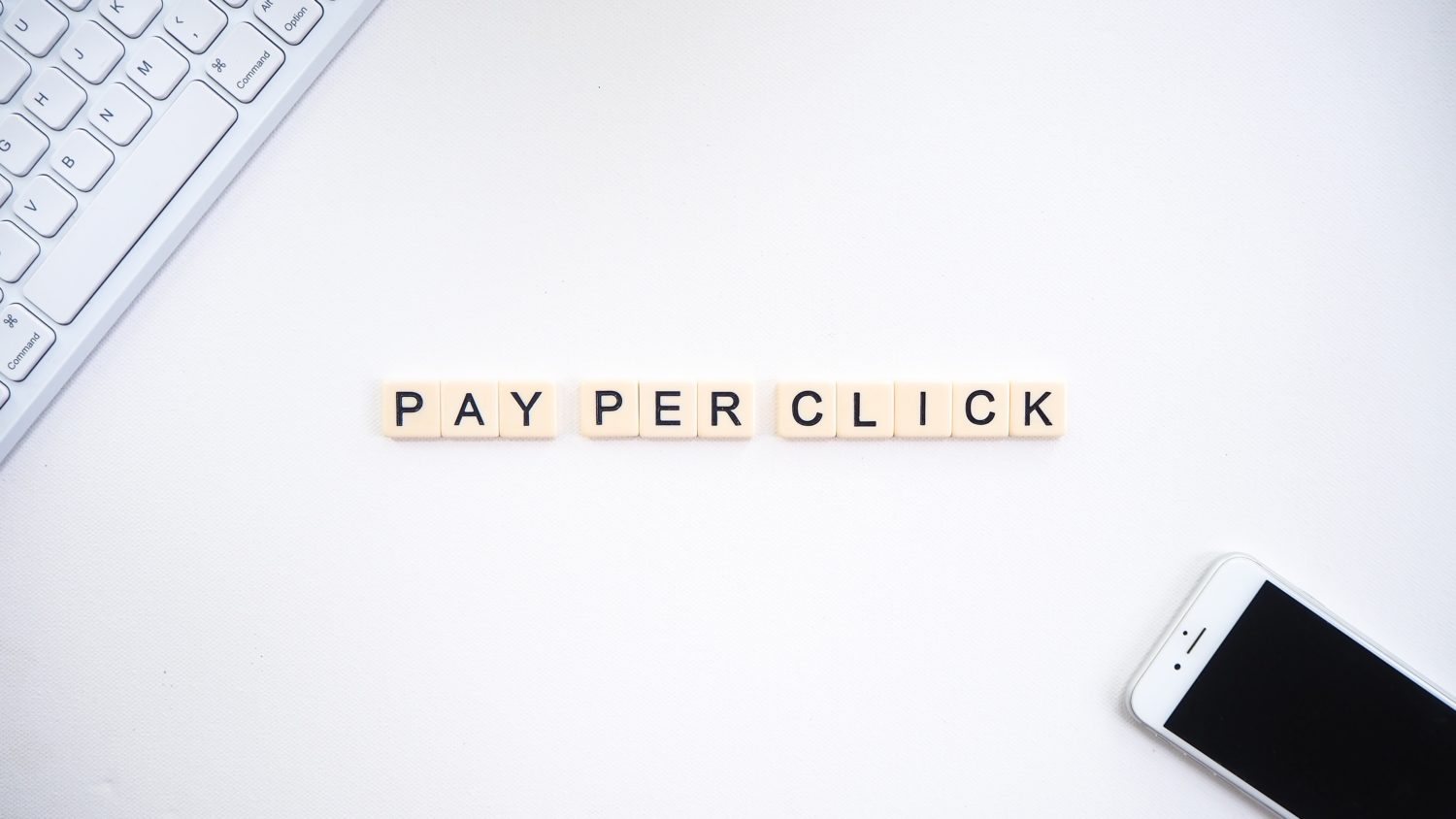How Do Google Pay Per Click Ads Work?

Search ads help potential customers notice your brand, consider your offerings and take action. With pay-per-click (PPC) search ads, businesses only pay when people click on their ad to visit the website or call your business.
How does PPC work, where will potential customers see your ads, and how can you make the best decision for your ad budget?
What Are Google Pay Per Click Ads?
 Google Pay Per Click ads appear when people use the Google search engine, more so when they perform commercial searches (meaning they’re looking for something to buy). Whether it’s a search on a mobile browser like a smartphone, a local service search for an electrician, or they need to find a provider of a high-end product like enterprise software, Google includes pay-per-click advertising along with the organic returns.
Google Pay Per Click ads appear when people use the Google search engine, more so when they perform commercial searches (meaning they’re looking for something to buy). Whether it’s a search on a mobile browser like a smartphone, a local service search for an electrician, or they need to find a provider of a high-end product like enterprise software, Google includes pay-per-click advertising along with the organic returns.
PPC is different from search engine optimization (SEO) and will not help this part of your marketing campaign. Google says its primary responsibility is “to provide Search users with the most relevant possible results.” If large businesses with high marketing budgets could simply pay more for higher rankings in the Search Engine Results Page (SERP), Google users would not get the information for which they’re looking.
How Pay-Per-Click Campaigns Work
 Pay-per-click ads are the ones that appear alongside the results on the SERP. Like we mentioned above, advertisers cannot simply pay more to ensure that their ads appear more prominently than their competitor’s ads – they must go through the Ad Auction bidding system.
Pay-per-click ads are the ones that appear alongside the results on the SERP. Like we mentioned above, advertisers cannot simply pay more to ensure that their ads appear more prominently than their competitor’s ads – they must go through the Ad Auction bidding system.
In Google’s Ad Auction, advertisers have to bid on the terms (known as keywords) they want to trigger their ads. It’s an automated process that Google and other major search engines use to determine the relevance and validity of advertisements that appear on their SERPs.
Say your small business specializes in selling fishing equipment. A Google user who wants to buy a new fishing rod or some tackle might enter the keyword “fishing equipment” into the search engine to look for businesses near them offering these items.
Once the user punches in “fishing equipment”, the search engine’s algorithms perform lightning-quick but intricate calculations that determine who gets what placement in the Ad Auction. It concludes which ads are displayed, in which order, and by which advertiser.
Three Steps For Google PPC
Google makes their pay-per-click formatting easy, and there are three steps to a campaign:
- Create the Search ad: Write a text ad that tells people what the business offers.
- Choose your audience: Connect with potential customers by selecting relevant keywords people are searching for on Google.
- Set your budget: Set a daily budget. Clients never pay more than their monthly max.
To get the best return on your ad spend you must bid on keywords relevant to your business! A digital marketing team can help you find the best keywords to bid on, the ones that are most likely to encourage sales or conversions and that are not too expensive.
SlyFox flexes our digital know-how to use PPC campaigns for small businesses across Canada, helping them make the most of their marketing budgets and compete in their sectors. If you need a little direction for choosing keywords and maximizing your ad campaign, get in touch with us today!